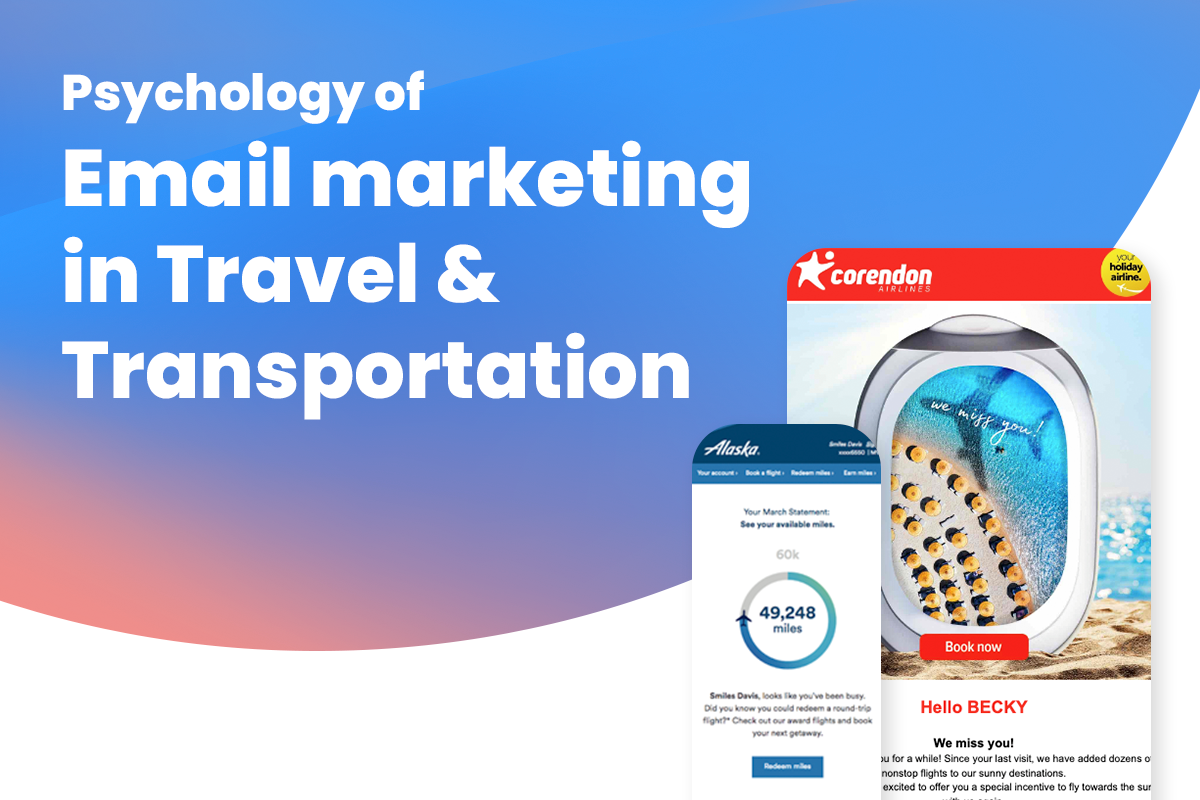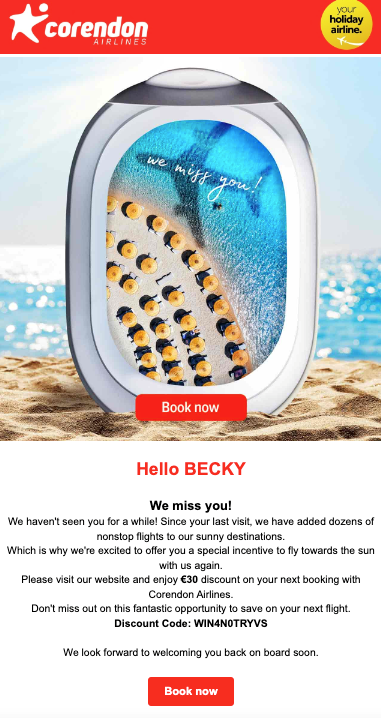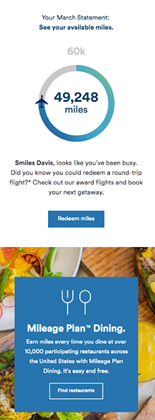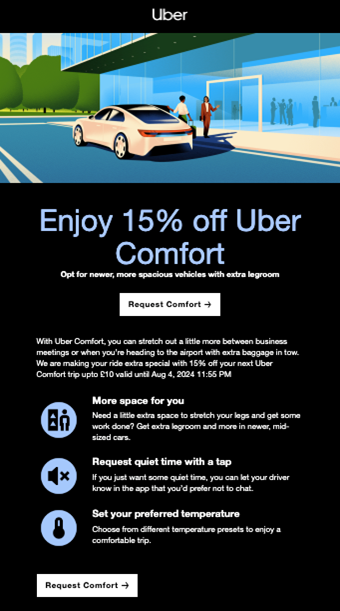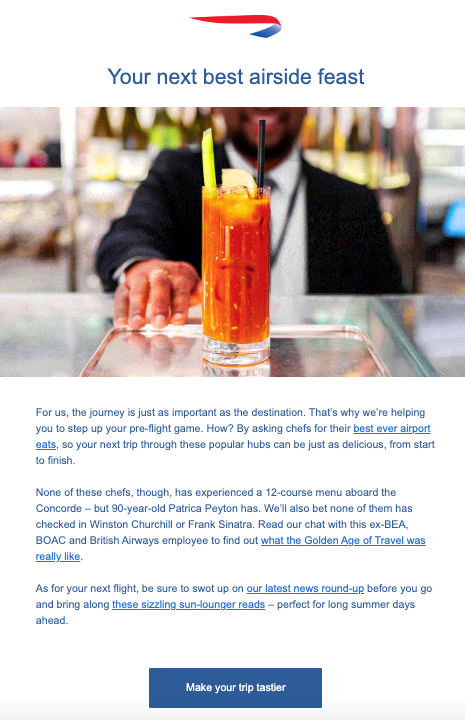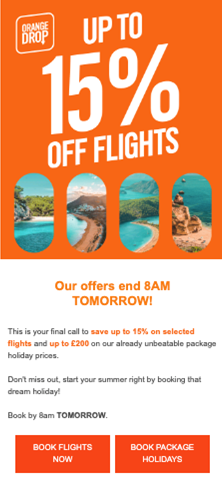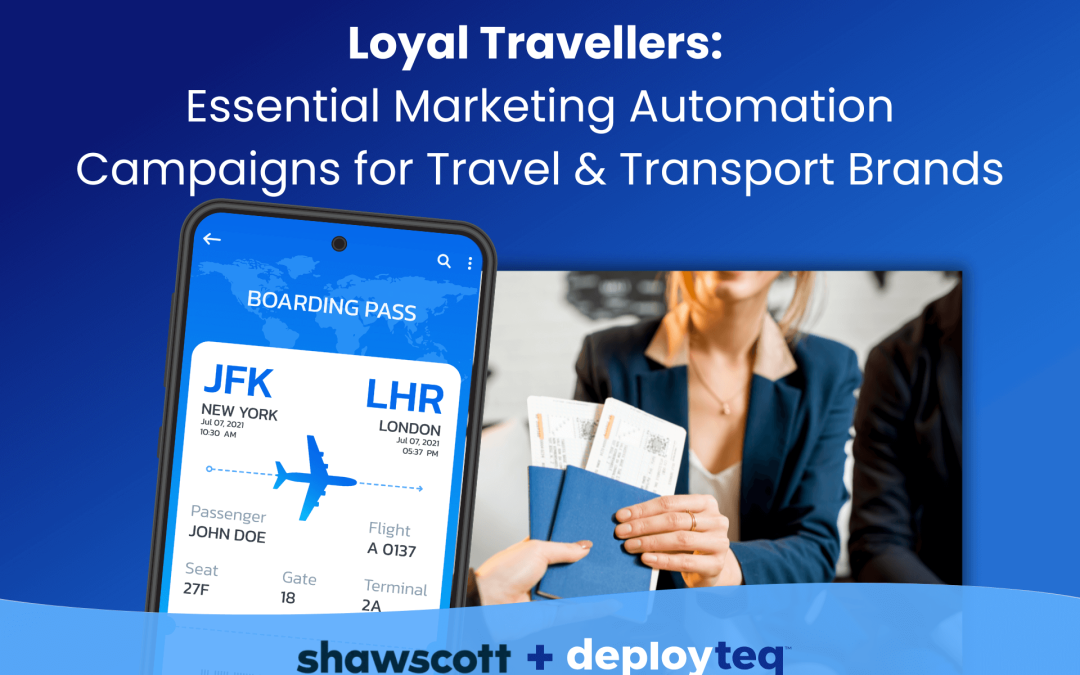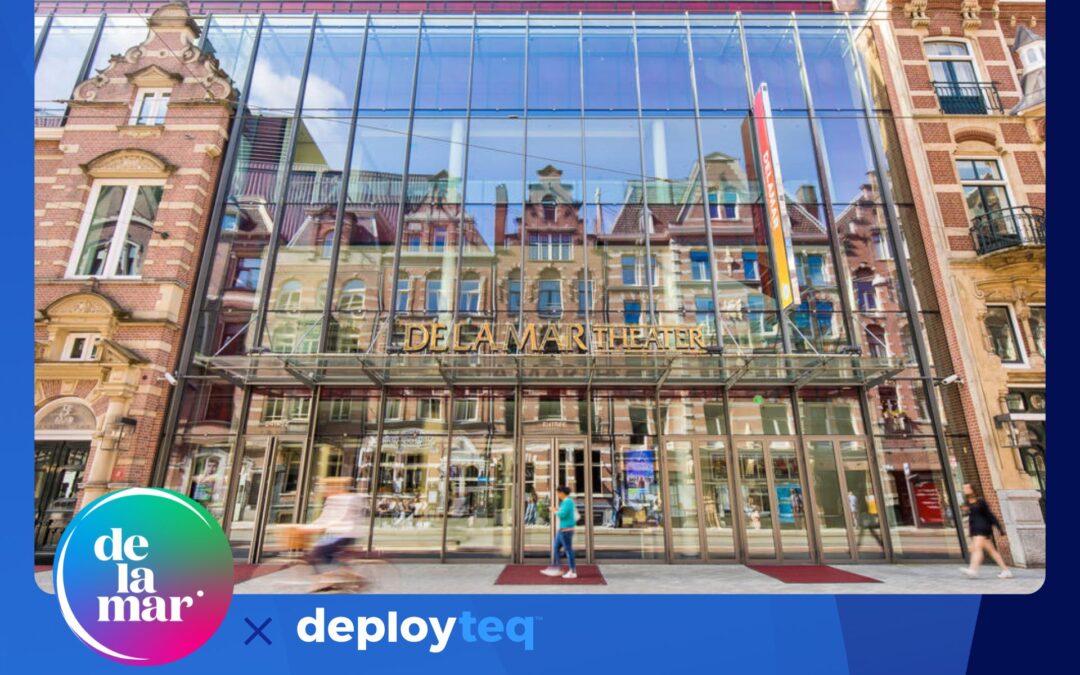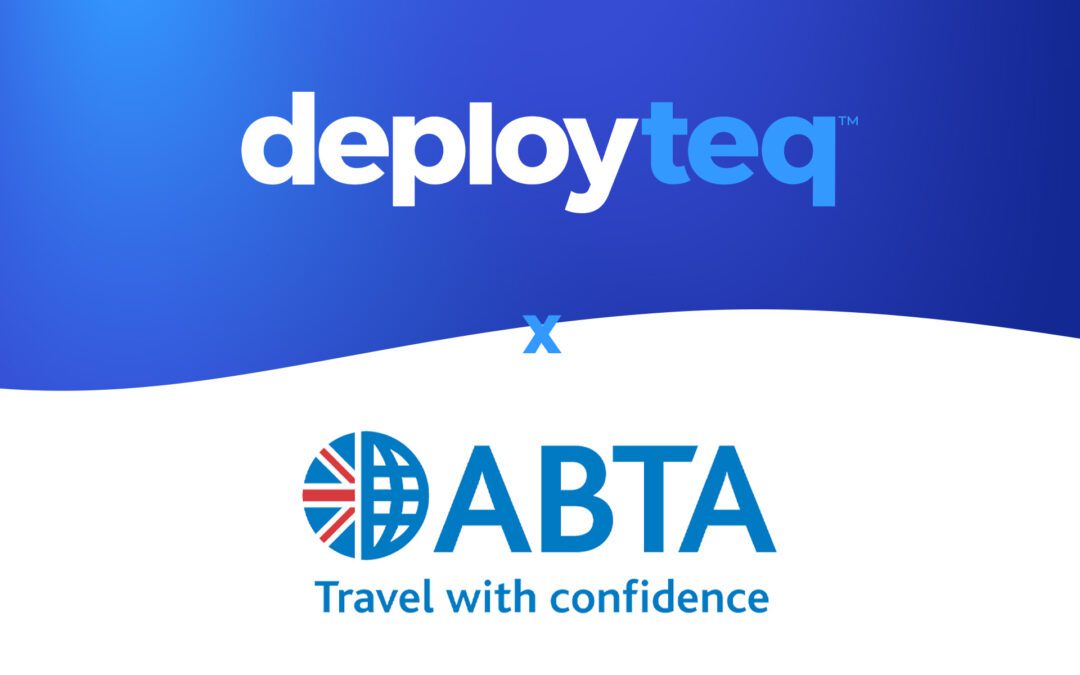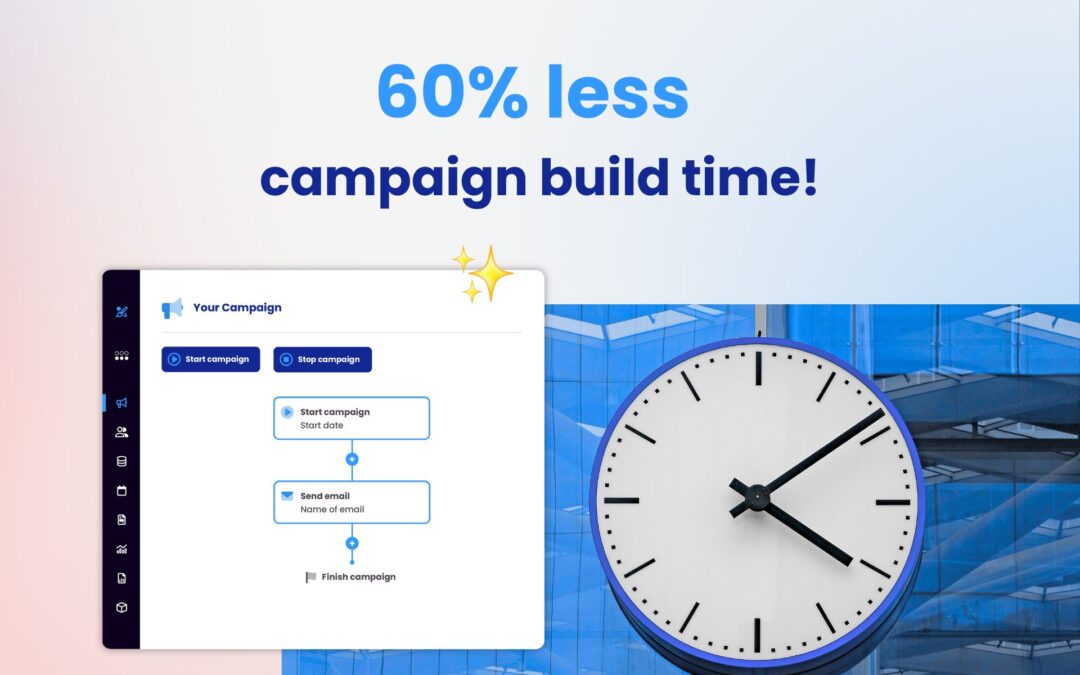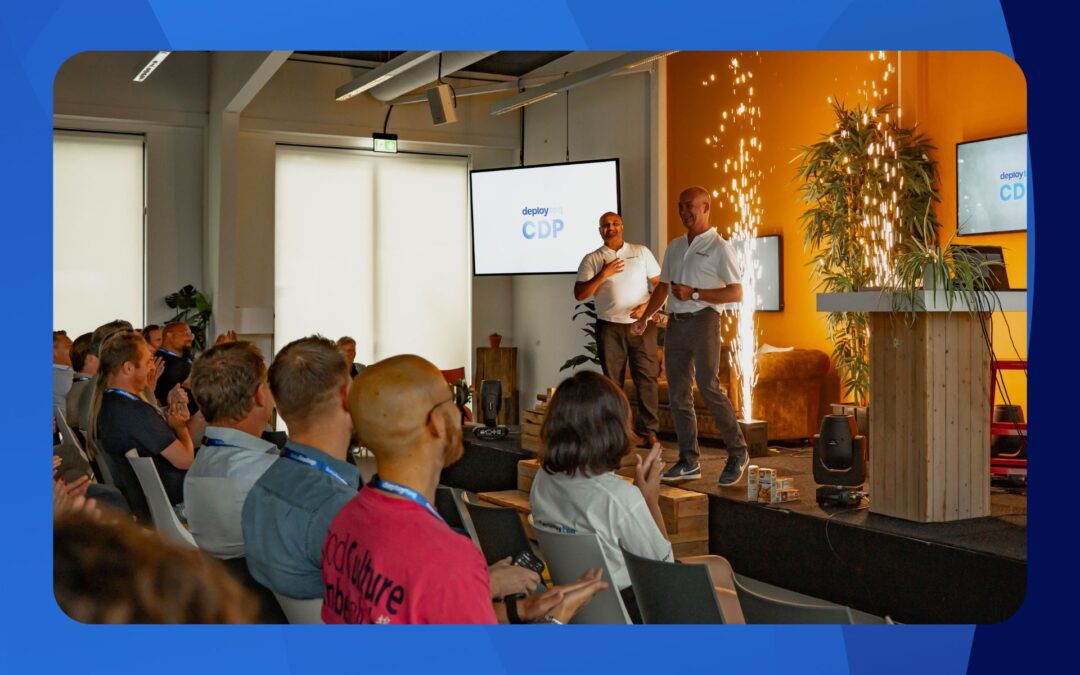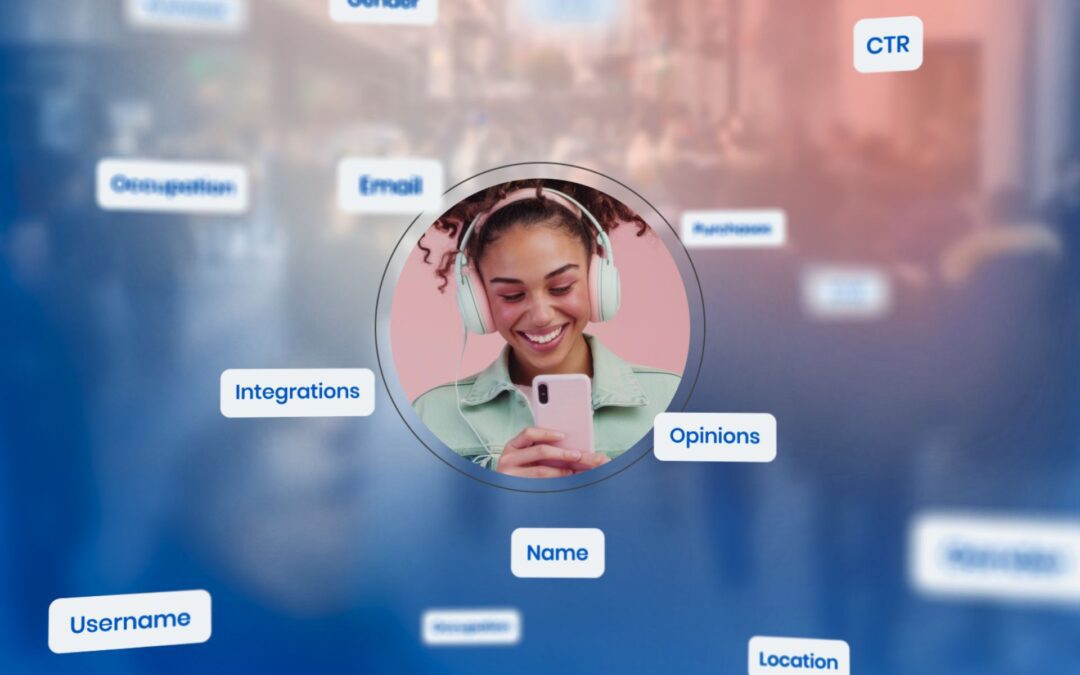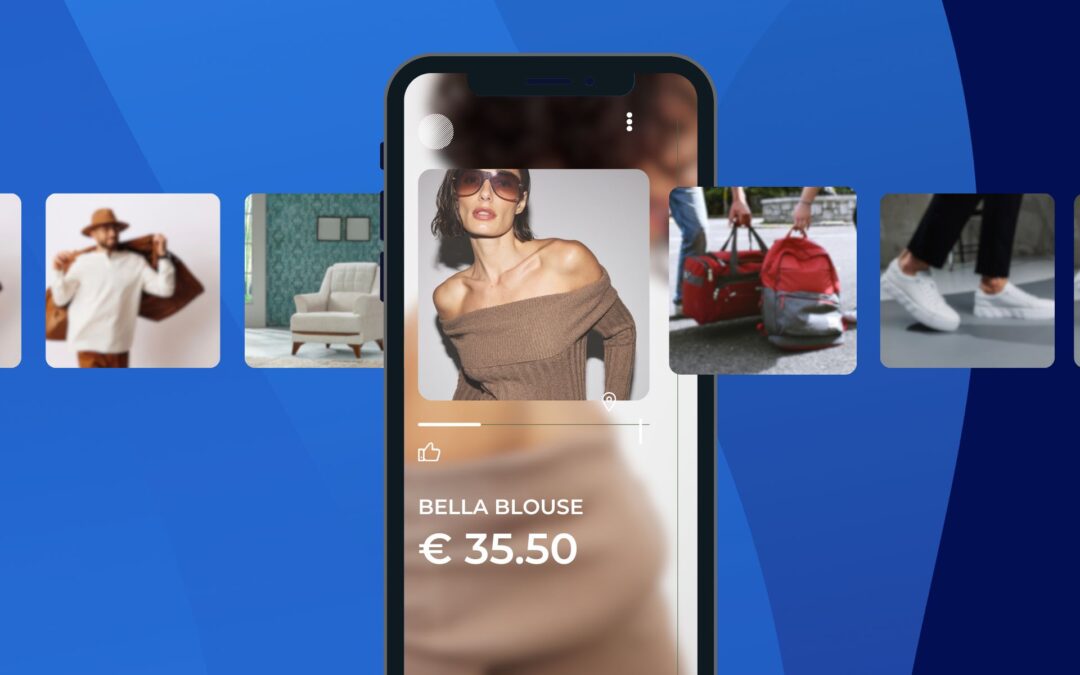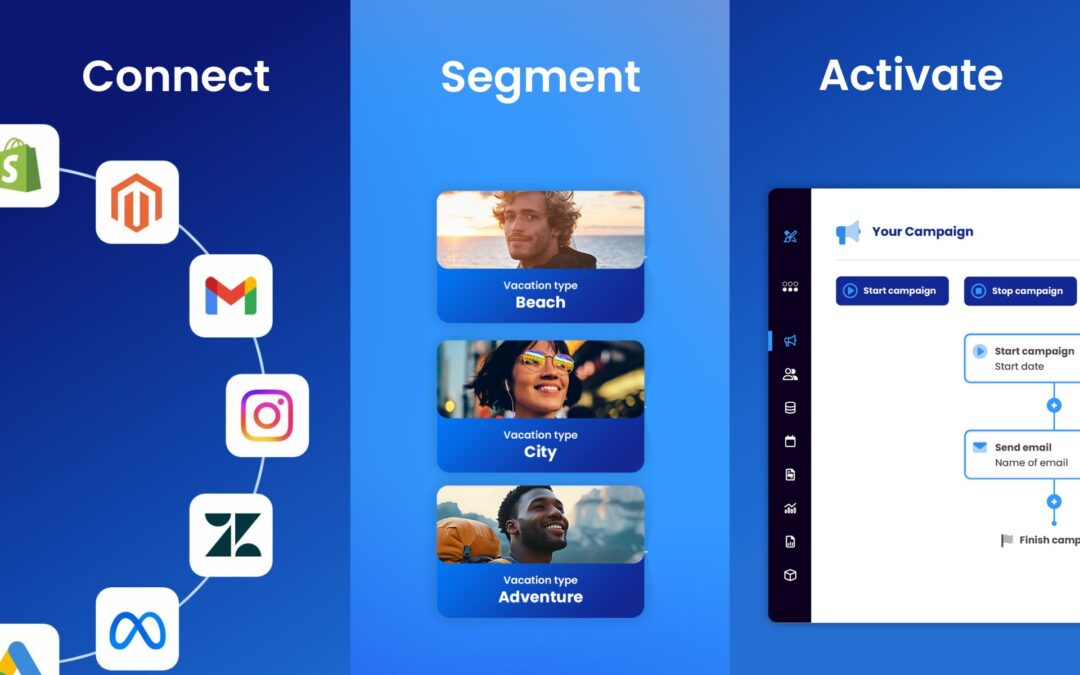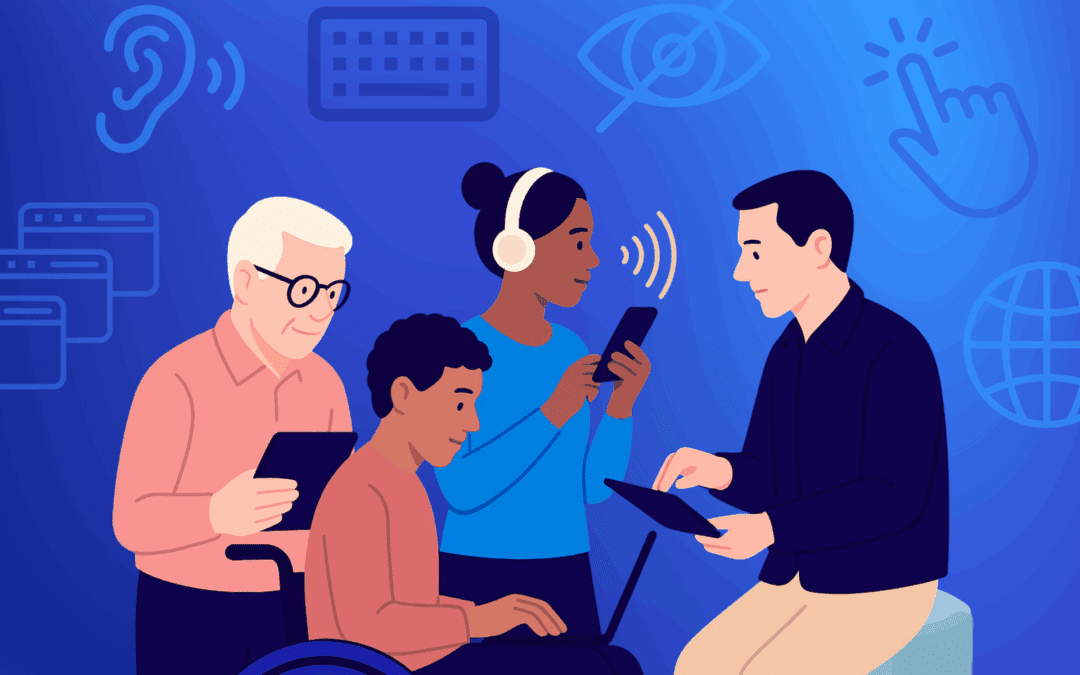The travel and transportation industry has many opportunities to engage with their audience through email.
From promotions and sales, to booking confirmations and feedback requests.
However, it’s easy to get lost in the important, but practical, elements of these emails. Ensuring the timing is spot on, the details contained are accurate, and the emails simply look great.
What can often be overlooked are the smaller details that when incorporated, can be highly impactful in influencing behaviour and encouraging a booking.
In this guide, we focus on how psychology can transform email marketing for the travel and transportation industry. From understanding the main principles and getting to know your audience, to gaining inspiration from real-world examples.
Psychological principles in email marketing
Let’s begin by laying the foundations of psychology within email marketing, with the help of these respected principles.
The Seven Principles of Persuasion
Cialdini’s Seven Principles of Persuasion offers seven steps that brands can use to influence the behaviour of consumers. These principles can be strategically applied to email marketing campaigns, content, and promotions to encourage bookings and customer loyalty.
1. Reciprocation
There is a wealth of options for travel and transportation brands to offer something of value to their customers, such as a free destination guide, discount code, or travel tips. As well as making customers smile, it will also spark the urge for them to reciprocate. This reciprocity can come in many forms that benefit the brand, such as booking a trip, recommending their service to others, or leaving a positive review.
2. Commitment and consistency
Encouraging travellers to make small commitments, such as subscribing to a newsletter, downloading a travel app, or following a transportation service on social media, can lay the foundations for larger commitments such as booking a flight or reserving a rental car. These small actions create a sense of consistency, making customers more likely to engage further with the brand.
3. Social proof
Travellers often look to others when making decisions regarding where to travel and how to get there. Incorporating testimonials, reviews, and user-generated photos or videos in email campaigns can put a brand’s social proof front and centre. When potential customers see others enjoying their trips, they’re more likely to follow suit and feel more confident in booking.
4. Liking
Travellers are more likely to be persuaded by brands they feel a personal connection with. Travel and transportation brands can build this connection by creating engaging, personalised content that resonates with their specific target audience. Whether it’s through tailored travel recommendations or personalised offers, making customers feel valued can lead to increased bookings and loyalty.
5. Authority
When travellers are researching a brand to book with, one of their top priorities will be confidence and trust. Trust that their booking will go through safely, their trip will go smoothly, and that they can trust support and advice will be on hand if needed,
By sharing expert travel tips, in-depth destination guides, and industry awards, travel and transportation brands can position themselves as a trusted business. In the process, building credibility, and helping customers to feel reassured in booking with them.
6. Scarcity
The perception of scarcity can be a powerful motivator in making travel decisions. Highlighting limited-time offers, exclusive deals, or the limited availability of popular travel destinations helps to create a sense of urgency in travellers. This can encourage potential customers to book sooner rather than later, securing their spot before it’s too late.
7. Unity
Creating a sense of community amongst travellers can greatly enhance loyalty. Travel and transportation brands can foster this by highlighting shared experiences, promoting group travel packages, or creating exclusive groups for customers to share their journeys. This sense of unity can strengthen the bond between the customer and the brand, leading to repeat business.
The Power of Habit
The Power of Habit is a concept developed by Charles Duhigg, and explores how many decisions humans make are unconscious, and driven by habits. This concept can be applied within the travel and transportation industry to help customers build habits in booking with a specific brand.
Cue
Travel and transportation brands can identify specific triggers that remind customers of their travel needs. These triggers could be tied to seasonal events, such as school holidays, or even personal milestones such as a previous travel anniversary. By promoting these cues, brands can prompt customers to start thinking about their next trip.
Routine
Encouraging customers to establish routines involving a brand can lead to more frequent engagement. For instance, brands can encourage travellers to regularly check emails for special deals, engage with social media content for travel inspiration, or visit the brand’s website for the latest updates on travel destinations.
Reward
Rewards play a crucial role in reinforcing positive behaviours. Travel and transportation brands can offer discounts, loyalty points, or exclusive access to premium services as rewards for regular engagement. Over time, these rewards create strong habits, making customers more likely to book with the brand for their future travel needs.
The Cocktail Party Effect
The Cocktail Party Effect refers to how in a crowded, noisy space, we have the ability to focus on a single stimulus. In relation to email marketing, this can refer to grabbing attention in a crowded inbox, or saturated market.
Personalised messaging
The inbox is a crowded place, but by offering a tailored email experience specific to the demographics, preferences, and behaviour of each individual, travel and transportation brands can stand out.
Not only will this help to encourage an open and click-through, but the personalisation will also help recipients to feel valued and understood, building a positive relationship between brand and customer, and encouraging long-term bookings.
Attention-grabbing content
Email marketing and the travel and transportation industry are a match made in heaven when it comes to attention-grabbing content.
The opportunities for content within the industry are vast, including eye-catching imagery, positive testimonials, and engaging videos.
And all of this can easily be conveyed through email, from compelling subject lines, visual banner images, and creative calls to action which are sure to catch the attention of travellers.
Value perception
One surefire way to grab attention in the inbox is to send emails that emulate a highly personalised, one-to-one experience.
This strategy will not only grab attention but also help to build a positive rapport between the business and the recipient, building loyalty and connection in the process.
In doing so, customers will place more value on the brand, increasing the chances of repeat bookings and word-of-mouth recommendations.
Understanding your target audience
Before being able to apply psychological principles to customers, travel and transportation brands must first understand their audience. This can be achieved in three steps:
Collect the right data
Data is essential to gain insights into your target audience, which leads to more personalised and relevant experiences.
By collecting data on the basics, such as preferences and demographics, through to more advanced information, such as booking and browsing behaviour, travel and transportation brands can gain a comprehensive view of their audience. This approach will then allow for both high-level overviews and detailed analysis, helping to identify which psychological tactics will resonate most effectively with different travellers.
Segment into similar groups
Segmentation involves dividing your email list into smaller, more targeted groups based on specific criteria such as:
- Demographic: Age, gender, location, income.
- Psychographics: Hobbies, lifestyle, values.
- Behaviour: Past travel history, booking and browsing habits, and engagement with previous marketing campaigns.
This segmentation will help determine which psychological strategies will be most impactful for each group. Brands can then tailor their campaigns to align with the unique needs of each segment, ensuring that communications are as relevant as possible.
Build customer personas
Customer personas refer to a fictional, but data-driven representation of ideal customers. These personas are based on data gathered on consumers and can help brands understand the psychological triggers that encourage different types of travellers.
Each persona should include basic demographic information, specific motivations, and pain points to address. All of which helps to build personalised and psychologically appealing email content by catering to the specific needs of each persona.
Five influential email marketing campaigns for Travel and Transportations brands
We’ve covered some of the high-level tactics that travel and transportation brands can utilise to influence buyer behaviour. But to offer you more inspiration, let’s dig down into specific campaigns that combine many of the key psychological principles we have discussed.
1. Cue: Prompt a traveller’s next booking
A cue campaign can be achieved with or without in-depth data on recipients.
To send a simple campaign, travel and transportation brands can use general cues, such as seasons or holidays, to encourage travellers to book their next trip or travel service.
For a more personalised experience, travel and transportation brands can utilise their segments or in-depth data to send cue campaigns that resonate with each recipient.
This could include a cue to rebook a trip or service based on a booking anniversary, recommended promotions based on an individual’s browsing behaviour, or a cue to re-engage with the brand if the recipient hasn’t booked in a while.
2. Reward: Reinforce beneficial behaviours
To encourage customer behaviour that is beneficial to your brand, reward them for it!
For travel and transportation brands, these behaviours are likely to be overall engagement, bookings, and leaving positive reviews. All of which can be rewarded through email campaigns.
Campaigns which include tailored, useful information and discount codes are naturally going to be more engaging than those without, encouraging opens and click-throughs on a long-term basis.
In terms of bookings, offering loyalty programs or discounts for regular customers can help to encourage repeat custom.
And to encourage positive reviews, travel and tourism brands can offer incentives such as the chance to be entered into a prize draw.
Source: ReallyGoodEmails
3. Routine: Providing regular deals and offers
Whilst we’re not recommending having a new deal or sale every day, by sending out regular offers to the recipient, they will quickly associate your brand with the best deals out there.
Even better, by using the data available to them, brands can tailor these deals to specific segments or even each individual to make them particularly appealing.
This positive reinforcement will create a habit and routine for checking emails for the latest offers, increasing awareness and engagement with a brand that can lead to long-term, repeat bookings.
4. Authority: Inspire with expert advice
No matter what the length or type of journey, travellers always appreciate being reassured by the experts.
Whether it’s involving experts from within the business, travellers with local knowledge, or happy customers, travel and transportation brands have a variety of people to draw knowledge from for content. This could be in the form of destination guides, quick-fire tips, or simple quotes with advice.
These campaigns help travel and transportation businesses to build authority around their brand, helping them to be seen as a trusted source, whilst improving travellers’ experiences in the process.
5. Scarcity: Encourage a sense of urgency
FOMO (fear of missing out) is a feeling that we’ve likely all experienced. And is one that can trigger a purchase in eager travellers who have been inspired by others, and don’t want to miss a deal.
By highlighting limited availability and time-sensitive offers, travel and transportation brands can spark FOMO and motivate customers to act quickly to secure their booking. As well as being beneficial for immediate bookings, this strategy also educates travellers to act fast to secure the best deal with the brand, ensuring speedier bookings in the long term.
Next steps
Now that you understand the concepts and tactics that can be used to fully understand and guide your audience, it’s time to put them into practice.
Understandably, implementing all of these suggestions at scale is near impossible. This is why to achieve all of the above, brands will require a robust marketing automation platform.
At Deployteq, we specialise in marketing automation for the travel and transportation industry. As well as offering a cutting-edge email marketing platform, we also boast a team of experts who will be happy to guide and advise you on how best to engage with your audience.
Get in touch with our friendly team to start your journey.
